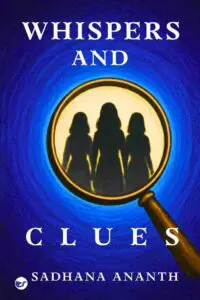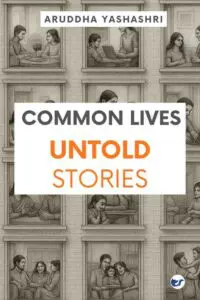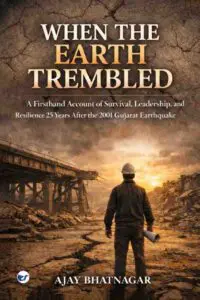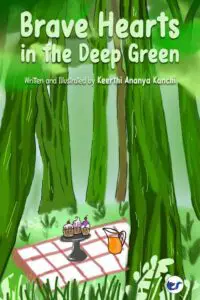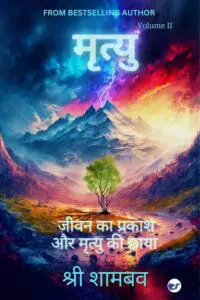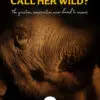This fictional narrative follows the life history of a female Asian elephant calf born into a free-ranging wild herd in the South Indian landscape. Under the care of her experienced mother, the calf begins her early development in a socially complex and ecologically dynamic environment. However, her trajectory is abruptly altered when she is orphaned due to nature?s harsh decisions.
The orphaned calf, disoriented and vulnerable, is eventually located by forest staff and relocated to a semi-captive elephant camp. Over time, she adapts behaviorally and physiologically to life in managed conditions, an environment shaped by mahouts, biologists, and well-meaning tourists. Her development raises critical questions: What defines ?wildness?? Can conservation justify captivity? And what does a life look like when natural behaviors are constrained by human care?
Parallel to this narrative is the field journey of five undergraduate life science students conducting an elephant behavior study. Through systematic observation, and long hours in forest conditions, they are exposed to the scientific realities of wildlife research, data collection, field ethics, logistical setbacks, and emotional entanglements. Their experience challenges the perception of science as a purely academic exercise and reframes it as a deeply immersive, physical, and ethical pursuit.
Can You Still Call Her Wild? bridges storytelling and scientific inquiry to offer life science students a nuanced perspective on conservation, animal behavior, and field-based learning. It serves as a call to future scientists, to engage with nature not only intellectually, but experientially, where the forest becomes both classroom and question.
Can we still call her wild?: The question, conservation never dared to ask
Estimated delivery dates: Feb 9, 2026 - Feb 13, 2026
₹210.00
In stock
Description
Additional Information
| Weight | 0.35 kg |
|---|---|
| Binding Type | Paperback |
| Languages | |
| Publishers |

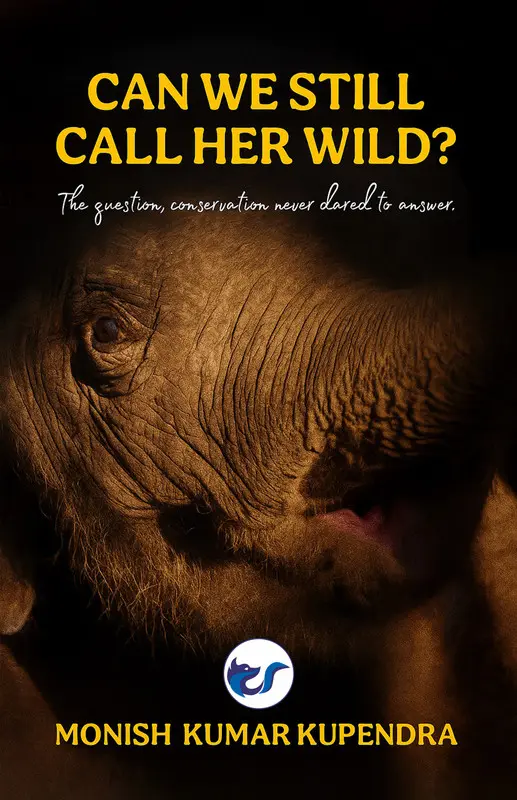
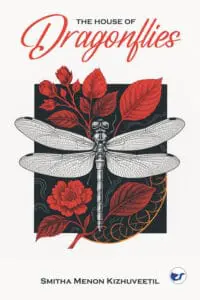



 No products in the cart.
No products in the cart.
